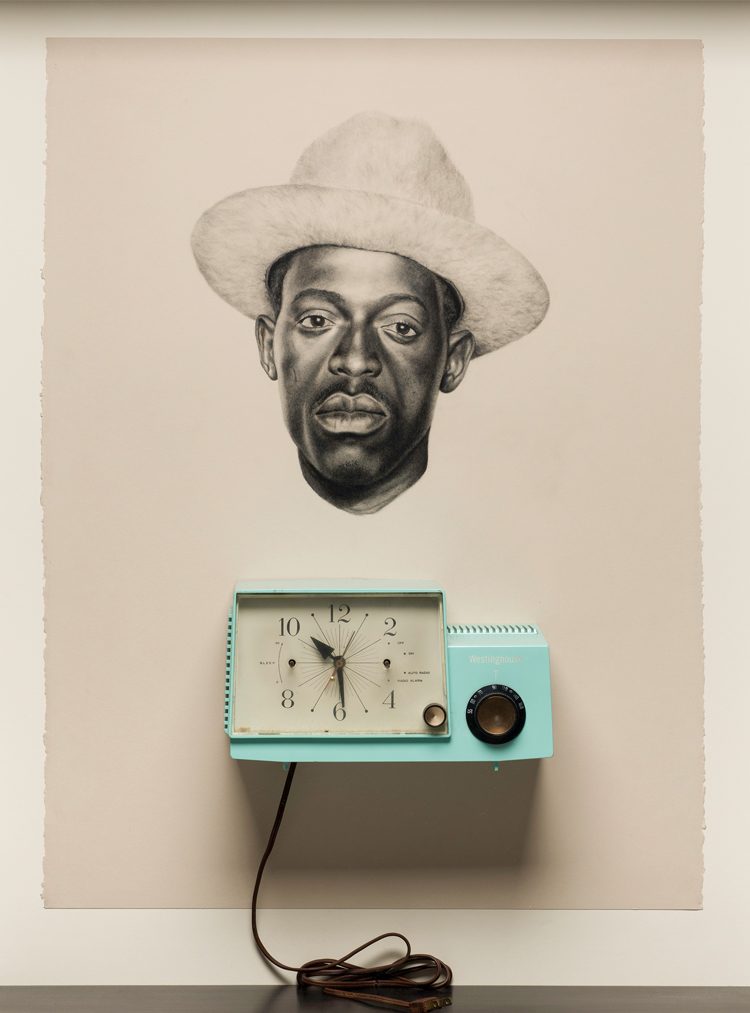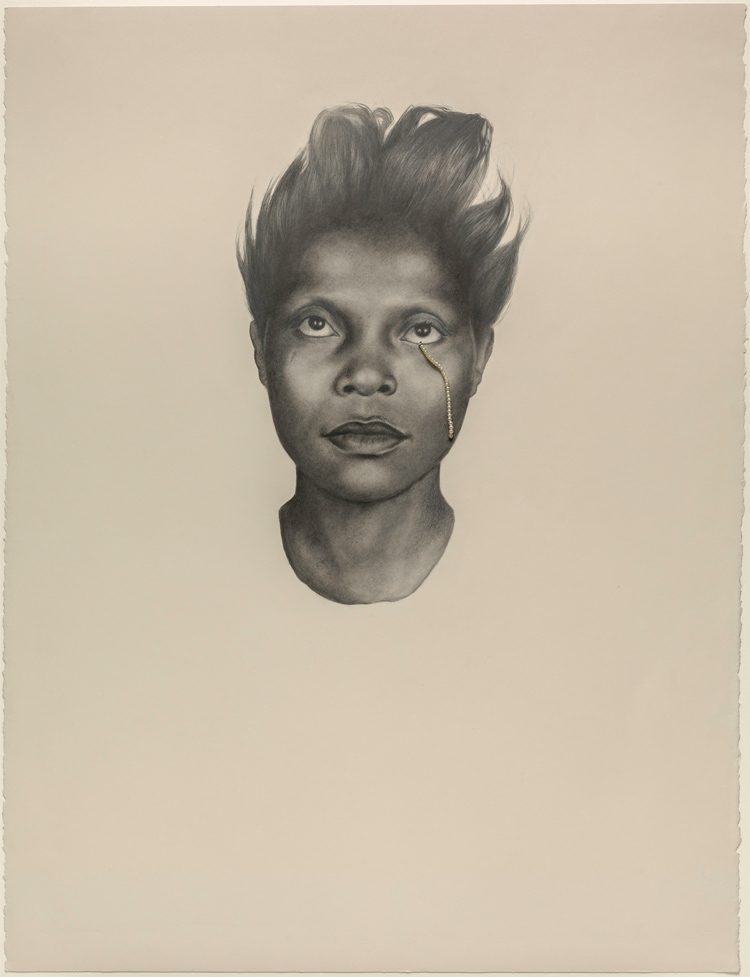In addition to being an artist, Markus Lüpertz was a poet. Throughout the exhibition, share your Lüpertz-inspired poems with us to win prizes. Every other week, we’ll issue a new poetry challenge based on images or themes in the exhibition for fresh inspiration chances and to win.

Markus Lüpertz, Der große Löffel (The Large Spoon), 1982. Oil on canvas, 78 3/4 x 130 in. Museum of Modern Art, New York, Anne and Sid Bass Fund and gift of Agnes Gund, 1986 © 2017 Markus Lüpertz / Artists Rights Society (ARS), New York / VG Bild-Kunst, Germany, Digital Image © The Museum of Modern Art/Licensed by SCALA / Art Resource, NY
THIS WEEK’S CHALLENGE:
This piece, a major work by Markus Lüpertz and a large one at about 10 feet wide, is titled Der große Löffel, or The Large Spoon. In a haiku, describe what you see in this work. Reminder: a traditional haiku is a three-line poem with seventeen syllables, written in a 5/7/5 syllable count.
THIS WEEK’S PRIZE: Four tickets to the Markus Lüpertz exhibition.
TO ENTER: Leave your poem in the comments here, or share on social media with #LupertzPoem. We’ll select winners on Friday, June 9.


